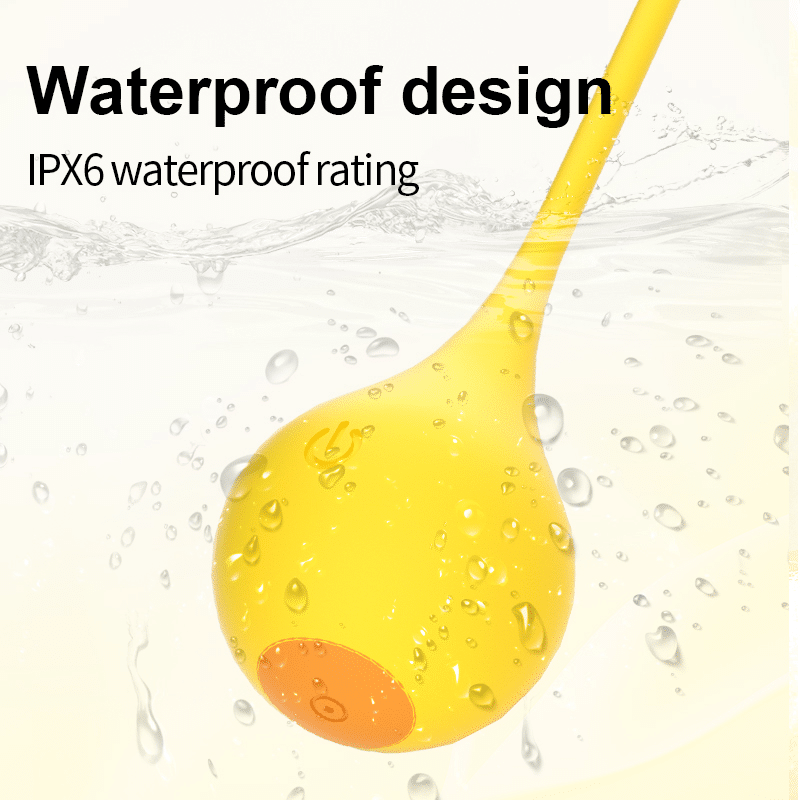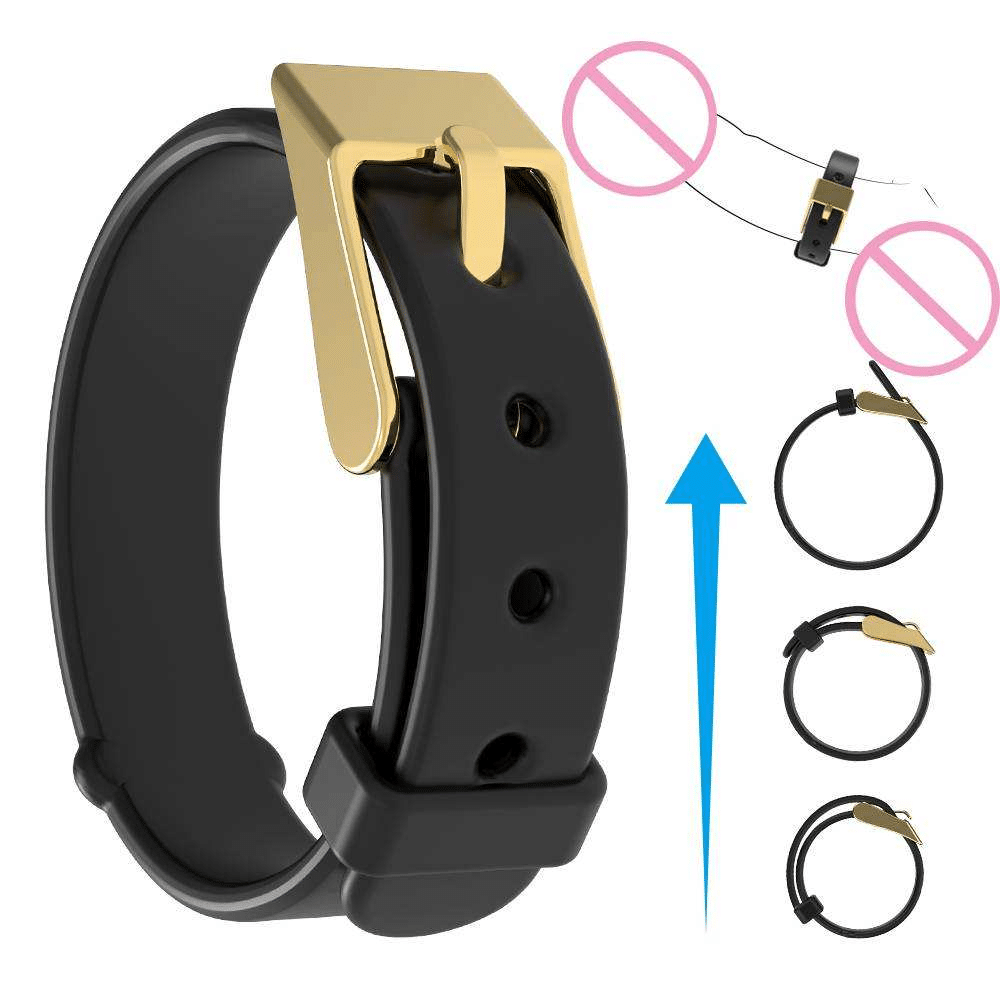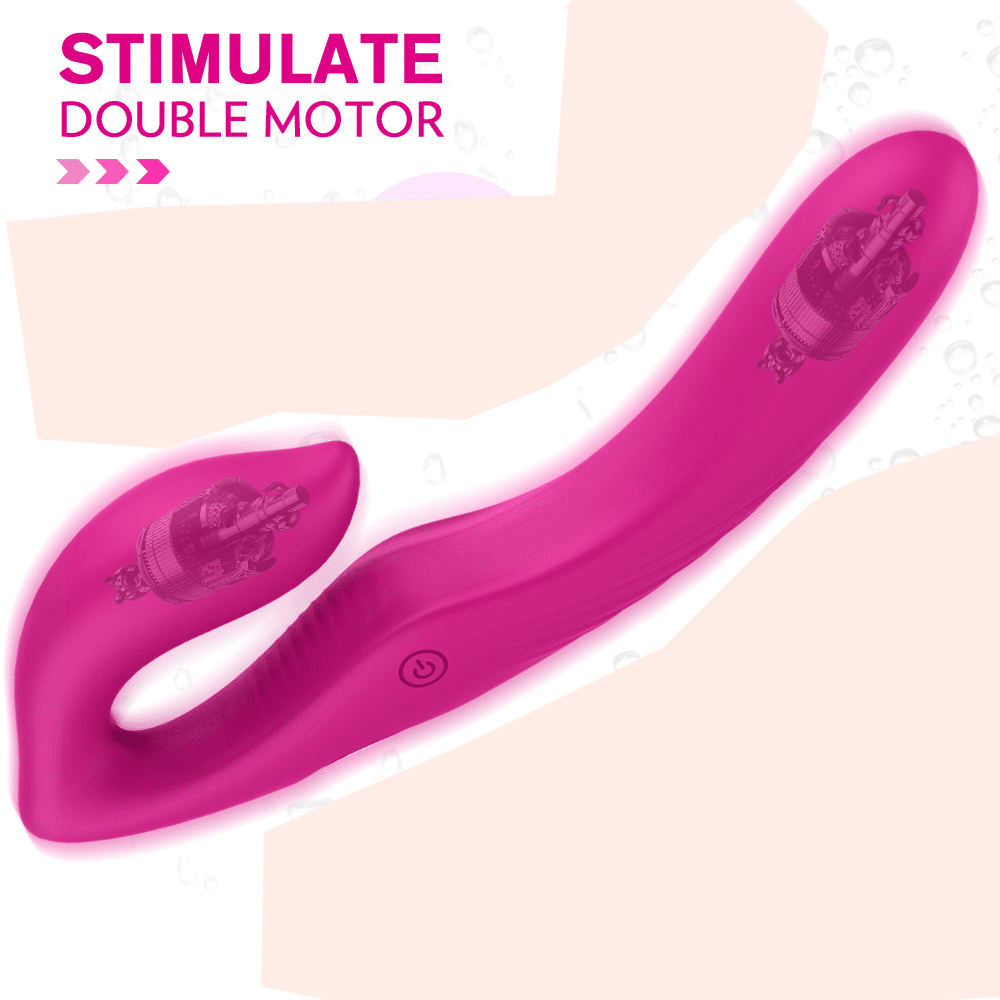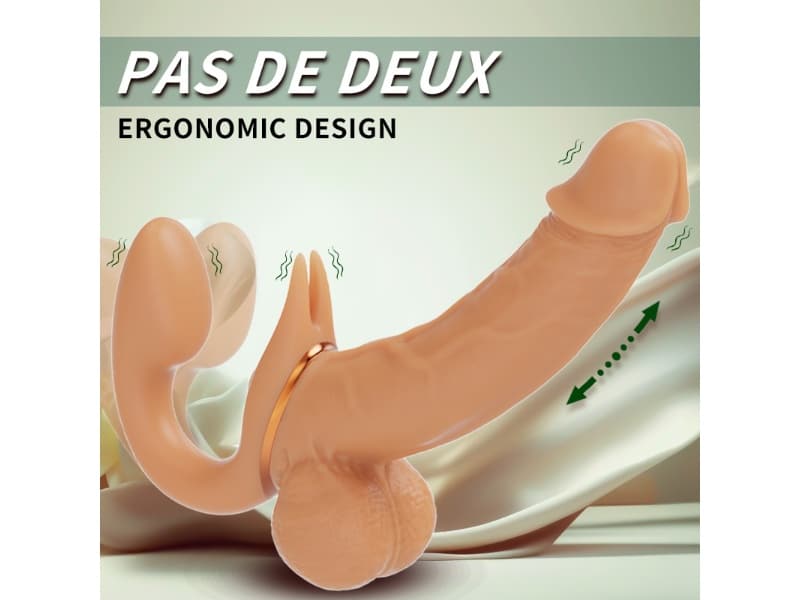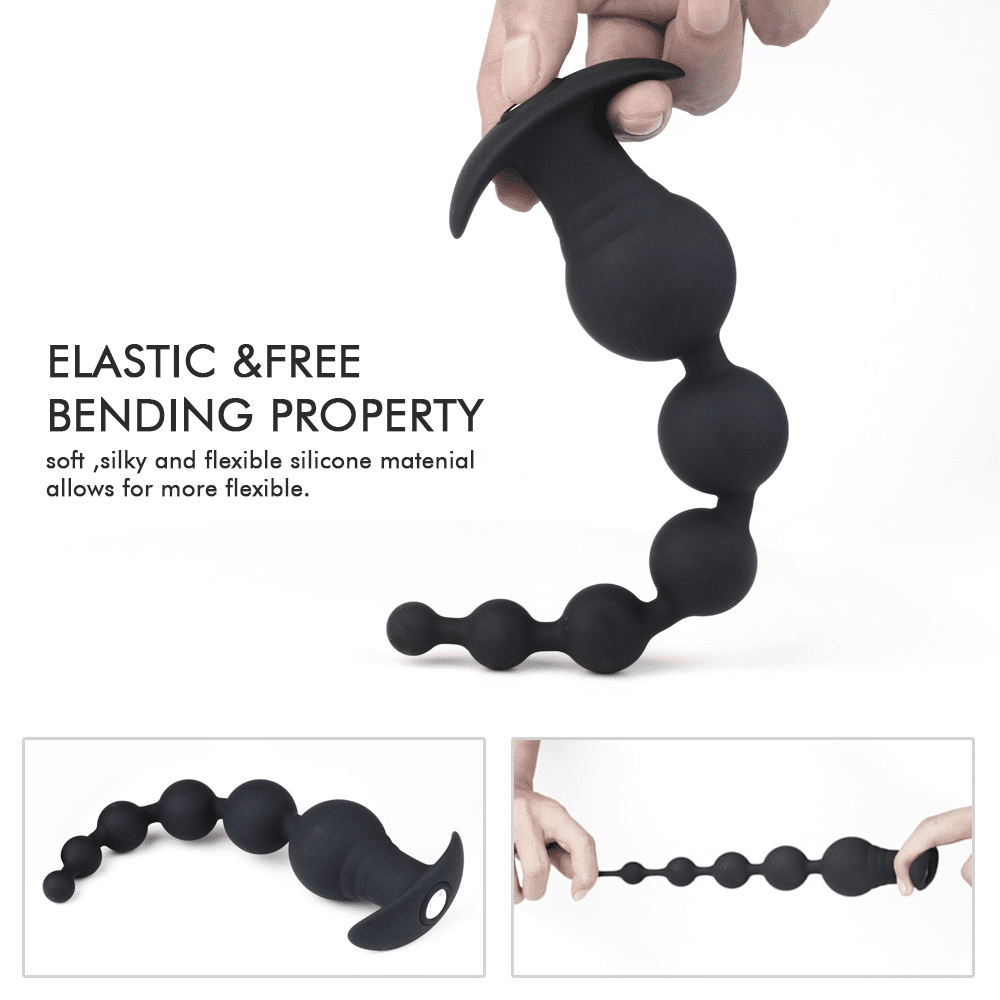Table of Contents
Toggle
In an age where experience is king, your sales team is the most important “emotional bridge” between your brand and your customers.
It’s time to upgrade them from “product presenters” to “Relationship Counselors” who can provide insight and value.
At Luxora, we believe that selling “Sensory Art” requires more than memorizing specs; it requires emotional intelligence.
This guide helps you build a team that doesn’t just close deals, but opens relationships.
This article focuses on staff training. For a complete playbook on marketing strategy, read our Ultimate B2B Guide to Marketing & Selling Sex Toys.

The Core of Consultative Selling: A Fundamental Mindset Shift
The journey begins by shifting your team’s core objective—from “What I want to sell” to “What the customer truly needs.”
This consultative approach repositions your staff as trusted advisors, not product pushers.
Their role becomes one of a doctor: to first diagnose the customer’s challenges through active listening and then prescribe the perfect solution.
This transforms a simple transaction into a collaborative, problem-solving session.
I’ve watched countless sales interactions where staff missed obvious emotional cues because they were too focused on their next product pitch.
According to Salesforce (What is Consultative Selling?), focusing on customer needs over products is the key to modern sales success.
Here’s a clear comparison between the two approaches:
| Feature | Traditional Selling (The “Pusher”) | Consultative Selling (The “Advisor”) |
| Primary Focus | Product features, closing the sale quickly. | The customer’s needs, solving a problem. |
| Main Role | Presenter, persuader. | Diagnostician, collaborator. |
| Ultimate Goal | Meet quota, move inventory. | Build trust, create long-term value. |
| Key Skillset | Product knowledge, persuasion tactics. | Active listening, empathy, strategic questioning. |
A 3-Step Training Framework to Build Your Consultant Team
Implementing this change requires a structured training plan.
Here are three key modules designed to build a world-class consultative sales team.
Step 1: Master Active Listening & Strategic Questioning
The foundation of consultative selling is understanding the why behind the visit.
This module trains staff to use open-ended, non-leading questions that encourage customers to share their authentic needs without feeling judged.
-
Instead of asking: “Are you looking for something romantic?”
-
They learn to ask: “What brings you in today?” or “Help me understand what you’re hoping to accomplish with your visit.”
This simple change uncovers whether customers are shopping for themselves or addressing relationship challenges—information crucial for providing genuinely helpful recommendations.
👉 Practice: How to use this technique for male customers (Confidence & Stress Relief)
Step 2: Architect Scene-Based Solutions
A single product rarely solves a complex emotional need.
This module teaches staff to think like relationship architects, moving beyond single-item sales to design comprehensive solution packages.
They learn to map a customer’s situation to a holistic solution.
This approach creates higher value for the customer and naturally increases transaction values through thoughtful bundling, not aggressive upselling.
For example, a customer in a long-distance relationship might benefit from a curated package of interactive products, communication tools, and supportive content.
Step 3: Build Systems for Relationship Continuity
The relationship doesn’t end at the checkout counter.
This final module focuses on post-purchase engagement that prioritizes customer success.
Staff learn to design follow-up touchpoints—through membership programs, SMS check-ins, or email—that focus on ensuring satisfaction, providing maintenance guidance, and offering genuine assistance rather than pushing for an immediate repurchase.
This demonstrates ongoing care.
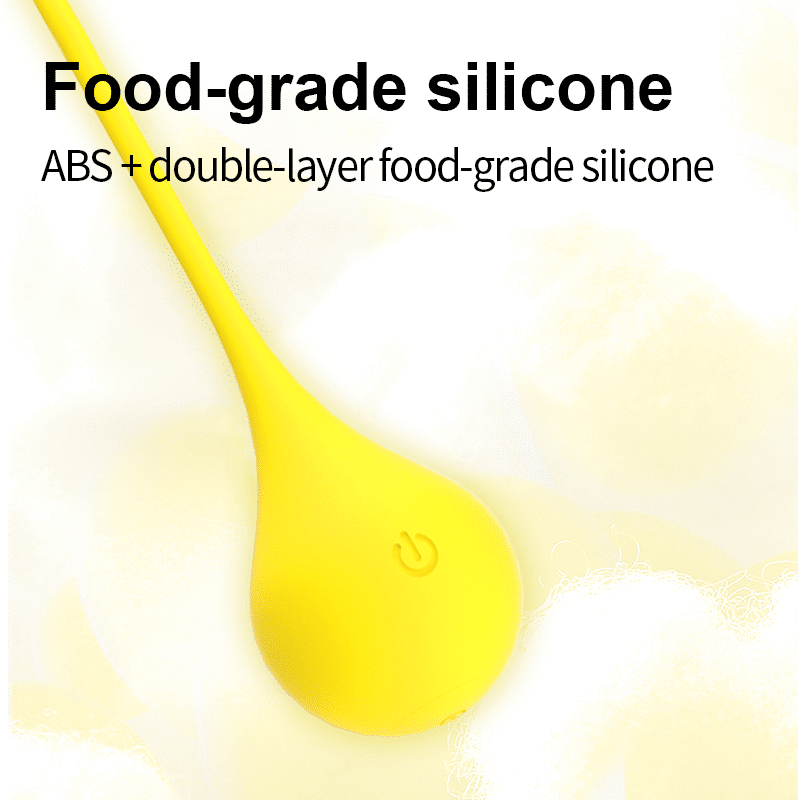
Luxora: Your Team’s Outsourced Chief Knowledge Officer (CKO)
We understand that building this kind of program from scratch is daunting.
That’s where Luxora’s B2B training ecosystem comes in, acting as your team’s external Chief Knowledge Officer.
-
A Systematic Training Ecosystem: Our multi-layered online platform provides everything from technical product knowledge to advanced psychology principles and service excellence methodologies. We create well-rounded professionals.
-
The “Consultant’s Toolkit”: We arm your staff with a practical resource library they can use in real-time. It includes detailed product comparison manuals, scene-based recommendation guides, and customer psychology cheat sheets.
From Transactions to Transformations: The Future of Your Business
When your team begins to prioritize customer relationships over transaction volumes, your business model fundamentally shifts toward long-term value creation.
Companies that successfully implement consultative selling see dramatic results, including 30-50% higher customer lifetime values (CLV) and reduced marketing costs.
Your retail environment becomes more than just a store; it transforms into a trusted destination where people seek genuine guidance and support, creating a community of advocates who power your growth for years to come.
Ready to empower your team? Talk to a LUXORA expert about our training resources today.
Frequently Asked Questions (FAQ)
Q1: How do you evaluate the performance of a “consultant-style” salesperson?
A1: Performance should be measured by more than just sales numbers.
Key metrics include customer satisfaction scores, repeat purchase rates, and the average value of each transaction.
Qualitative feedback from customer reviews and direct observation of their consultative interactions are also crucial.
Q2: Is this training model suitable for all types of employees?
A2: This model is most effective for employees who have a foundational level of empathy and a genuine interest in helping people.
While the skills are teachable, the mindset of a consultant—prioritizing customer needs over sales targets—is a key factor for success. It is highly adaptable for any customer-facing role.
Q3: Are Luxora’s training courses provided free of charge to partners?
A3: We offer a foundational training package free of charge to all our B2B partners to ensure their success.
Advanced, specialized, or customized training modules are available as a value-added service with corresponding fees.
Please contact our partnership manager for more details.

